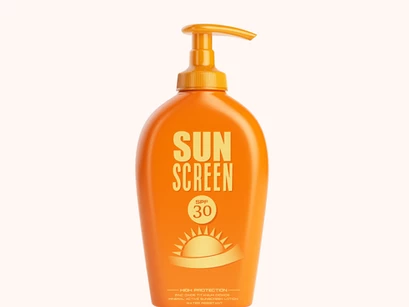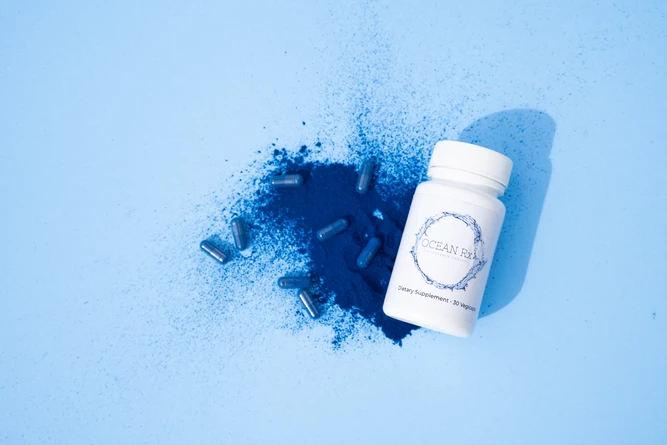Updated: Sep 18, 2020
Did you know that people usually overlook the first signs of Rosacea? This is why I am shedding light on it during a month that creates awareness of the condition. April is Rosacea Awareness Month, but why do you have to be aware? According to the National Rosacea Society:
☞About 82% of people with Rosacea go untreated.
☞Rosacea affects over 16 million people in the U.S.
☞47% of patients with Rosacea, in a survey by the Society, had never heard of prior to receiving a diagnosis.
Rosacea has been a recognized diagnosis since the 14th century and was first described by a French Surgeon, Dr. Guy de Chauliac who described the disease with pink droplets (“goutterose”) or Roscea (“couperose”) particularly on the nose and cheeks. The word Rosacea stuck. I personally like the pink droplet version, but oh well.
My favorite and most personal description of the condition is the French description “pustule de vin” (aka “pimples of wine”). The French version sounds so elegant, no? Just to be clear (no pun intended), Rosacea is not caused by alcohol but more an exacerbation from alcohol consumption. Other triggers can include spicy foods, sun exposure, cold weather, and stress to name a few. Rosacea is believed to be a genetic condition that I have seen and diagnosed in individuals in their mid to late 20s but research is ongoing about it. Some possible causes include a defect in the immune system and/or blood vessels, or the presence of microbes.
A great number of my patients don’t even know they have it and can be quite deceiving such as representing as “acne” or dry skin. Many of them treat it as acne and this only worsens the condition so then I have to prescribe products to calm the skin down. Nonetheless, there are different subtypes of Rosacea: Facial redness, Pimples and bumps, nose enlargement (think W.C. Fields), and Eye Irritation (burning, itchiness). Sometimes you can have a combination of these.
There are various RX treatments that are used to manage it such as oral antibiotics and topical RX treatments. Moisturizers and a broad-spectrum SPF are a definite must. However, it is best to consult with your medical provider to help you manage yours. Make sure you or your friend isn’t diagnosing you. Love Google, but REALLY, don’t be cheap and make an appointment with a Board Certified Dermatologist for a complete review and diagnosis.
Learn more from the National Rosacea Society by visiting their website or follow me on my Instagram page. Be Skin Savvy!????



